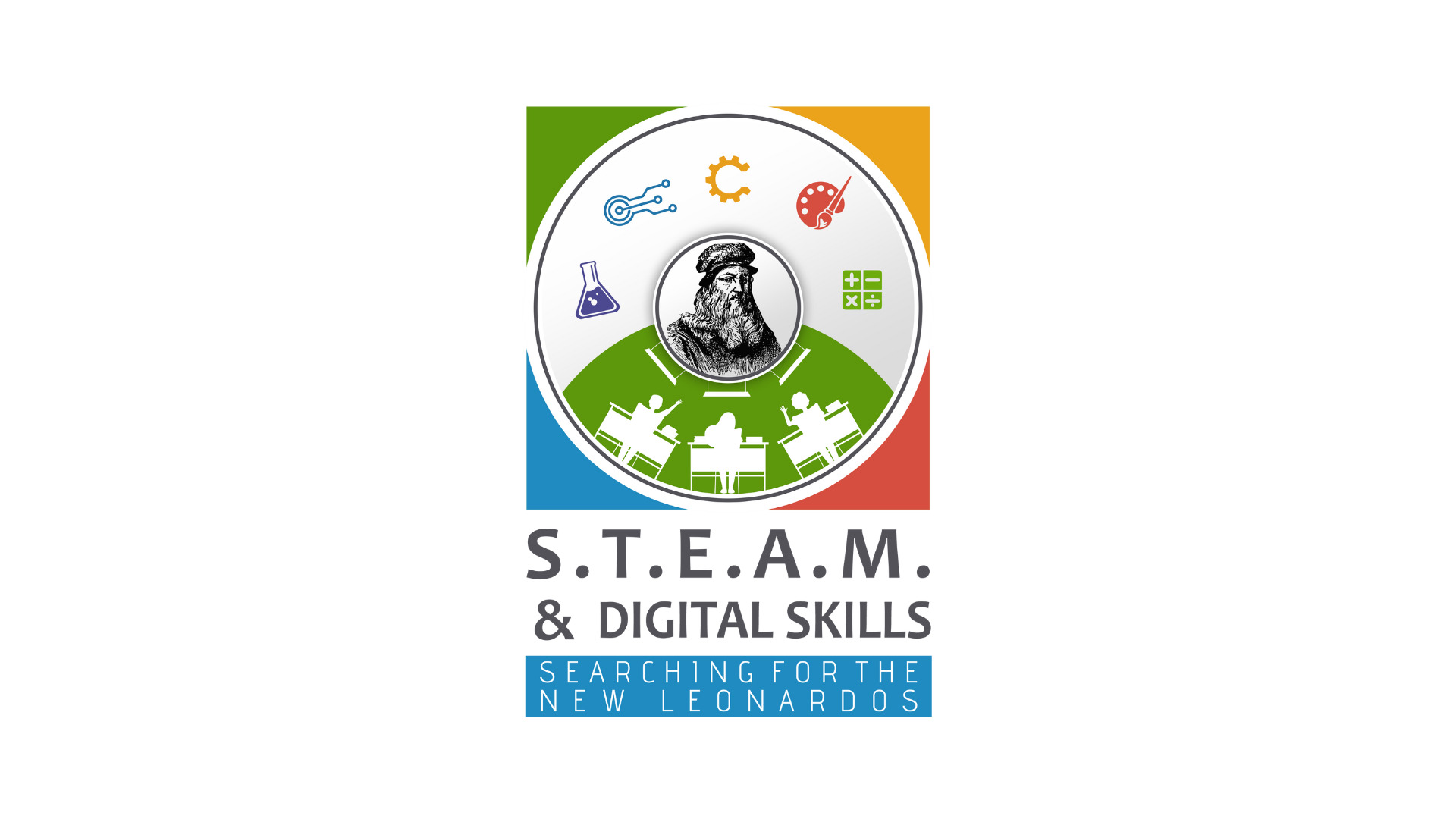
STEAM & Digital Skills: Searching for the new Leonardos
Project Number: 2021-1-EL01-KA220-SCH-000027823
Timespan of the Project: 28/02/2021 – 27/02/2024
Project E-mail: info@ceipes.org
Financial Program: Erasmus+
Objectives
The objectives of the project are the following:
- Development of children’s critical thinking, creativity, and fine motor skills.
- Solving more complex problems – connecting two or more courses
- Collaborative learning – collaboration, dialogue, etc. by working in groups
- Training children in problem solving
- Children develop thinking, communication, self-management, research and social skills.
Activities
- A guideline for the preparation of a study (report) on the educational practices of STEAM.
- Methodology for the implementation of STEAM training practices for each stage issues and elements that should be processed as well as the objectives to be achieved at each stage.
- An integrated distance learning platform for educators / teachers who may wish to introduce STEAM practice in their teaching.
- Development and download of the interactive educational material.
- Educational, teaching scenarios related to the fields of STEAM (science, technology, engineering, arts, math) seeks, by providing all the necessary tools and supplies, to integrate STEAM practices at all levels of education, in order to train future “Leonardos”.
- Compilation of manuals use of the platform.
- Training of local administrators and candidate consultants in the use and management of the electronic platform.
- Configuration of the educational objectives of the didactic scenarios.
Results
The project will produce the following results:
- STEAM methodology framework. What it is, how it is applied and how each of its pillars is analyzed.
- Integrated distance learning platform for teachers interested in teaching STEAM.
- Educational teaching scenarios using STEAM educational practices.
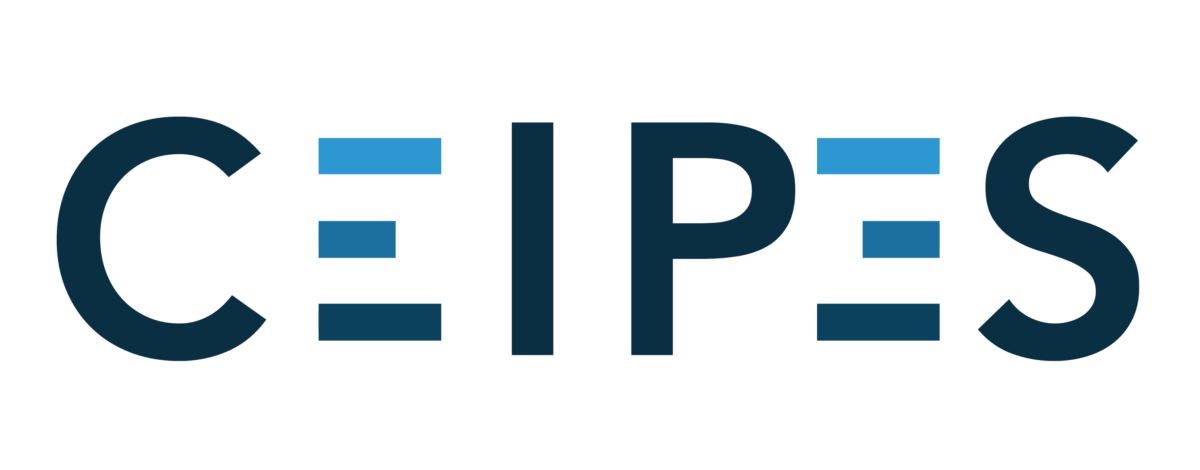
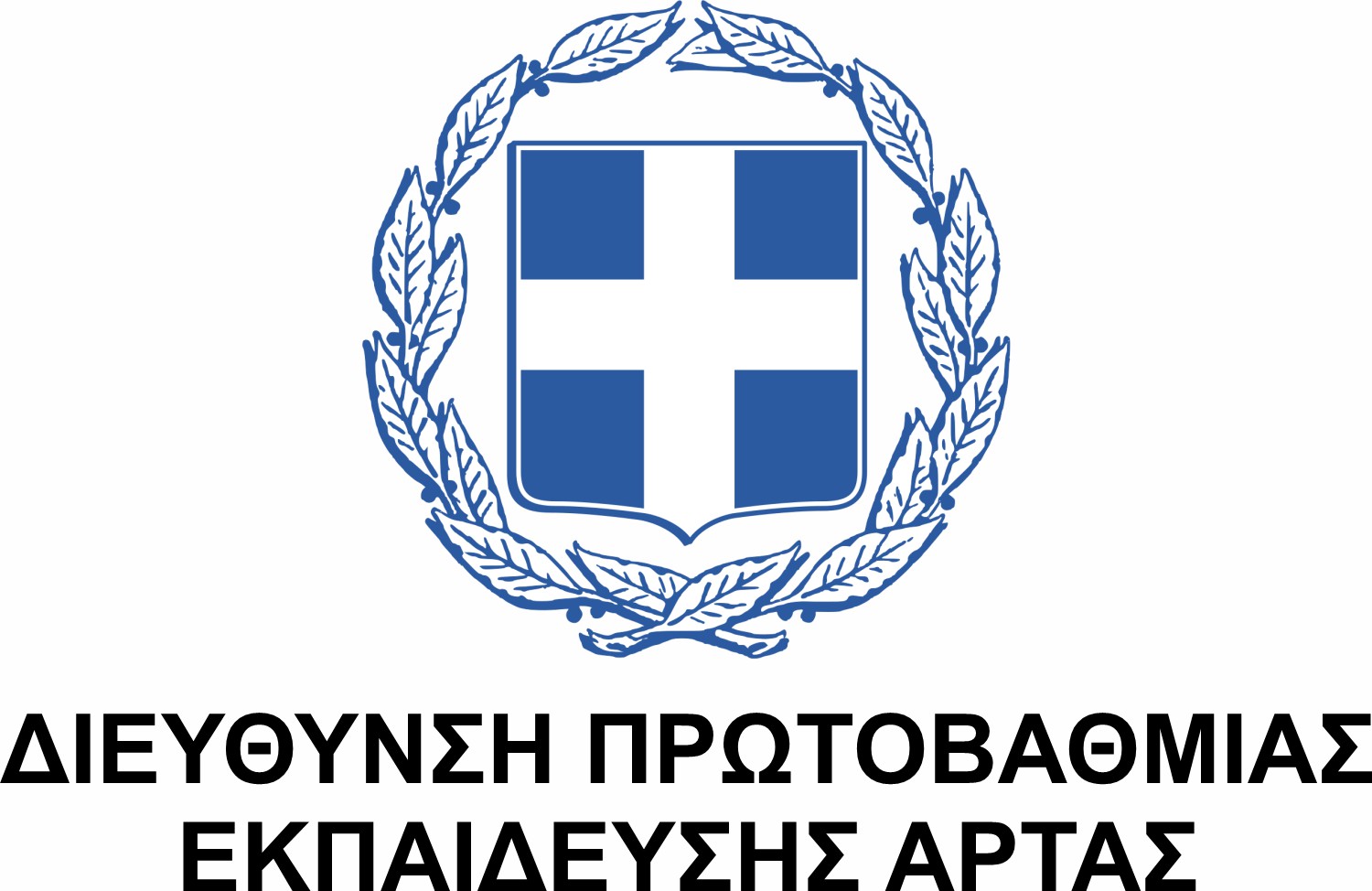

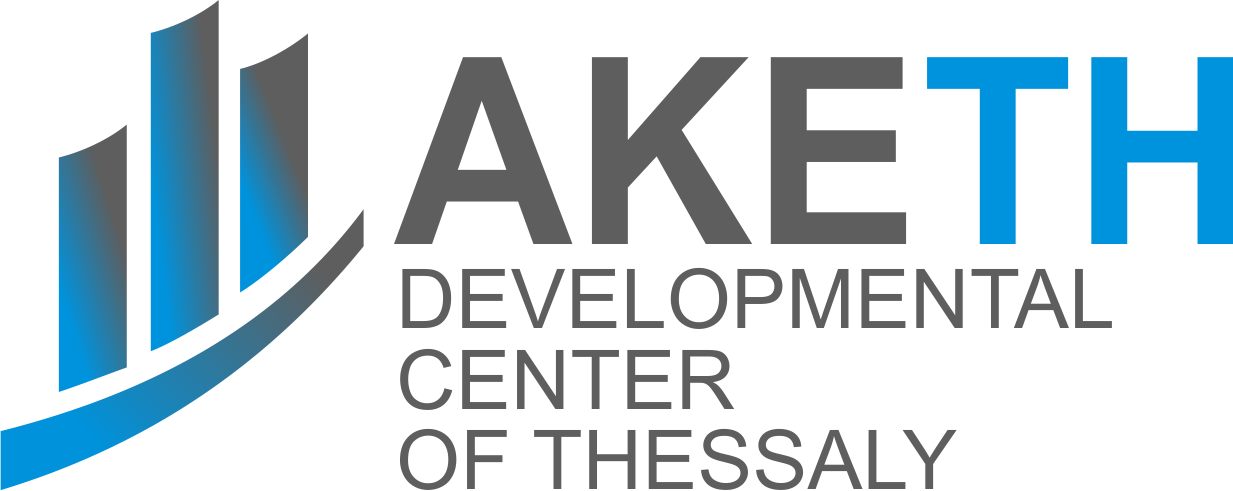
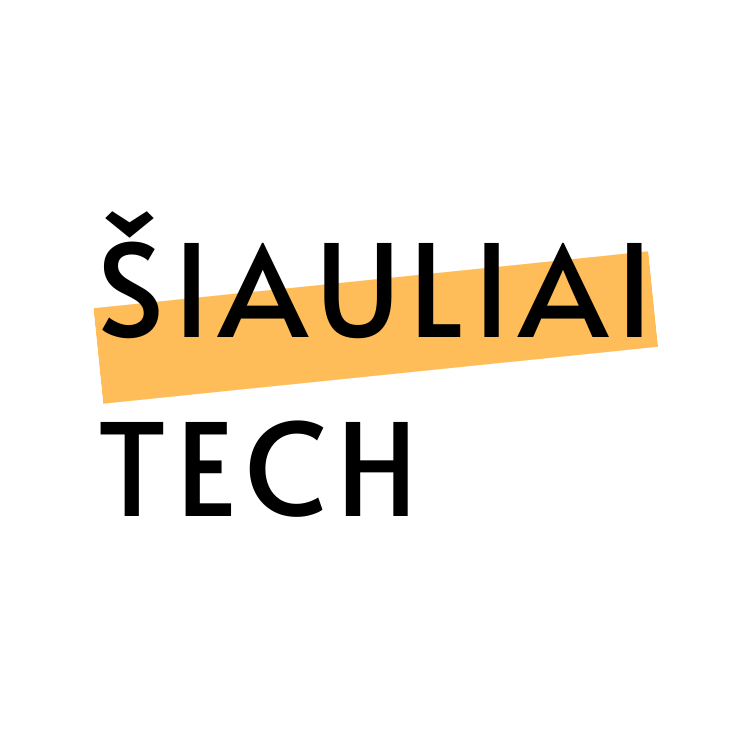
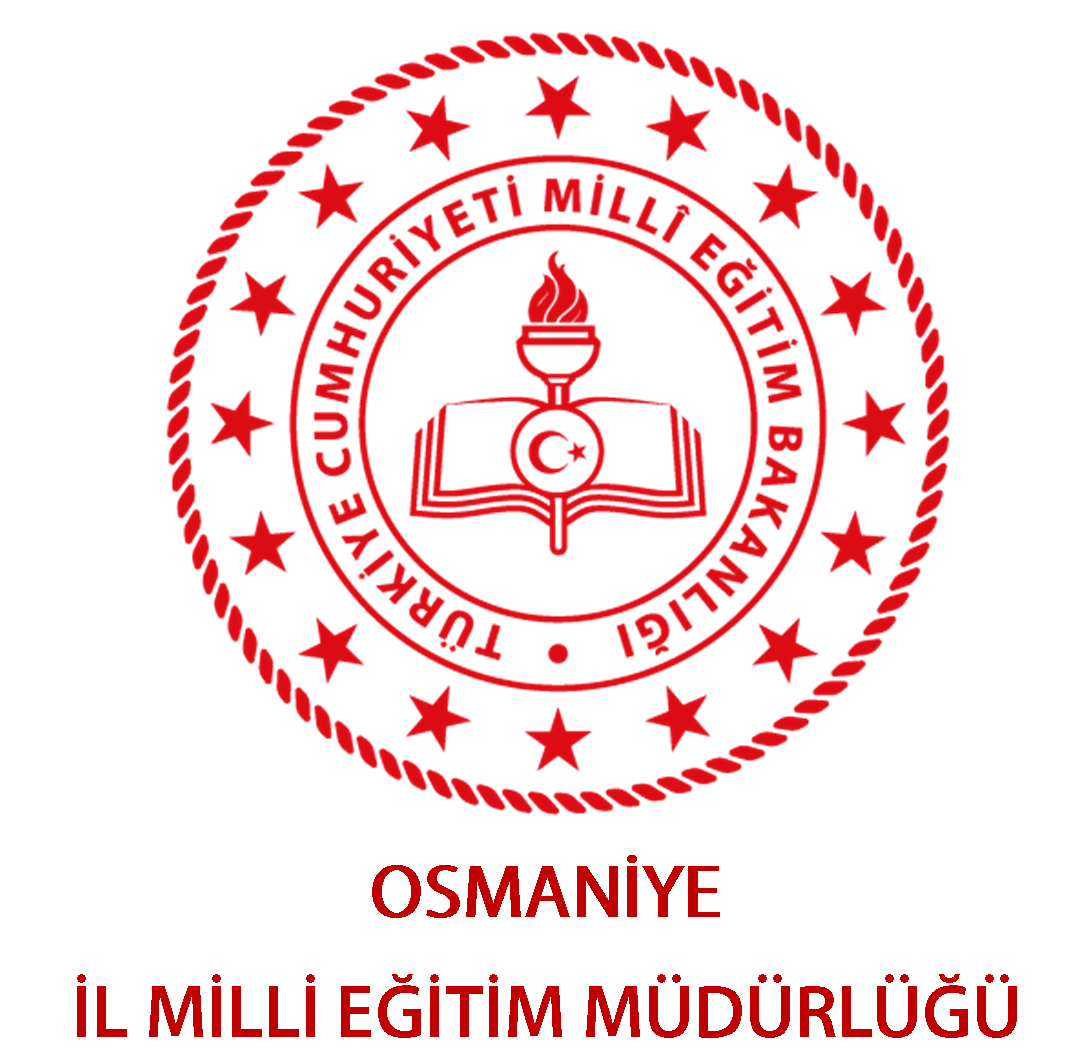
Funded by the European Union. Views and opinions expressed are however those of the author(s) only and do not necessarily reflect those of the European Union or the European Education and Culture Executive Agency (EACEA). Neither the European Union nor EACEA can be held responsible for them.

